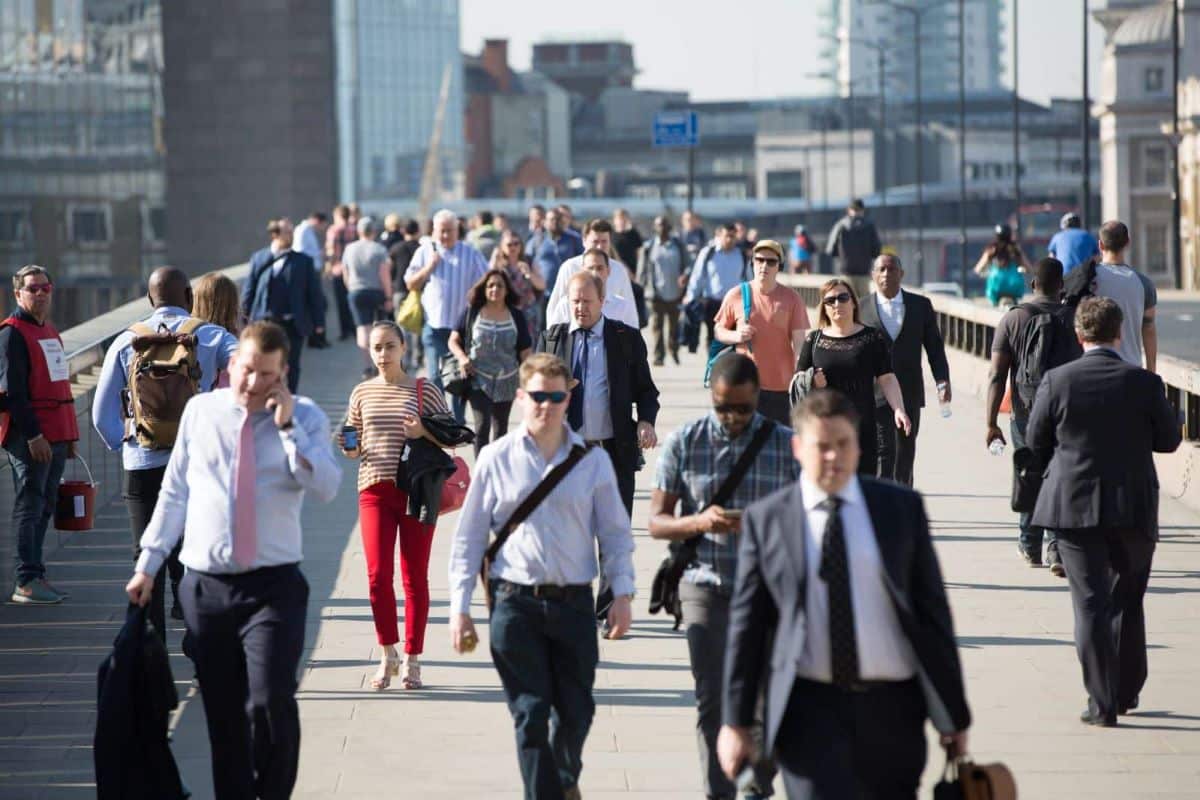The cracks in Britain’s economy aren’t just growing — they’re splitting wide open, threatening to take the entire system down with them.
1. Retail Apocalypse
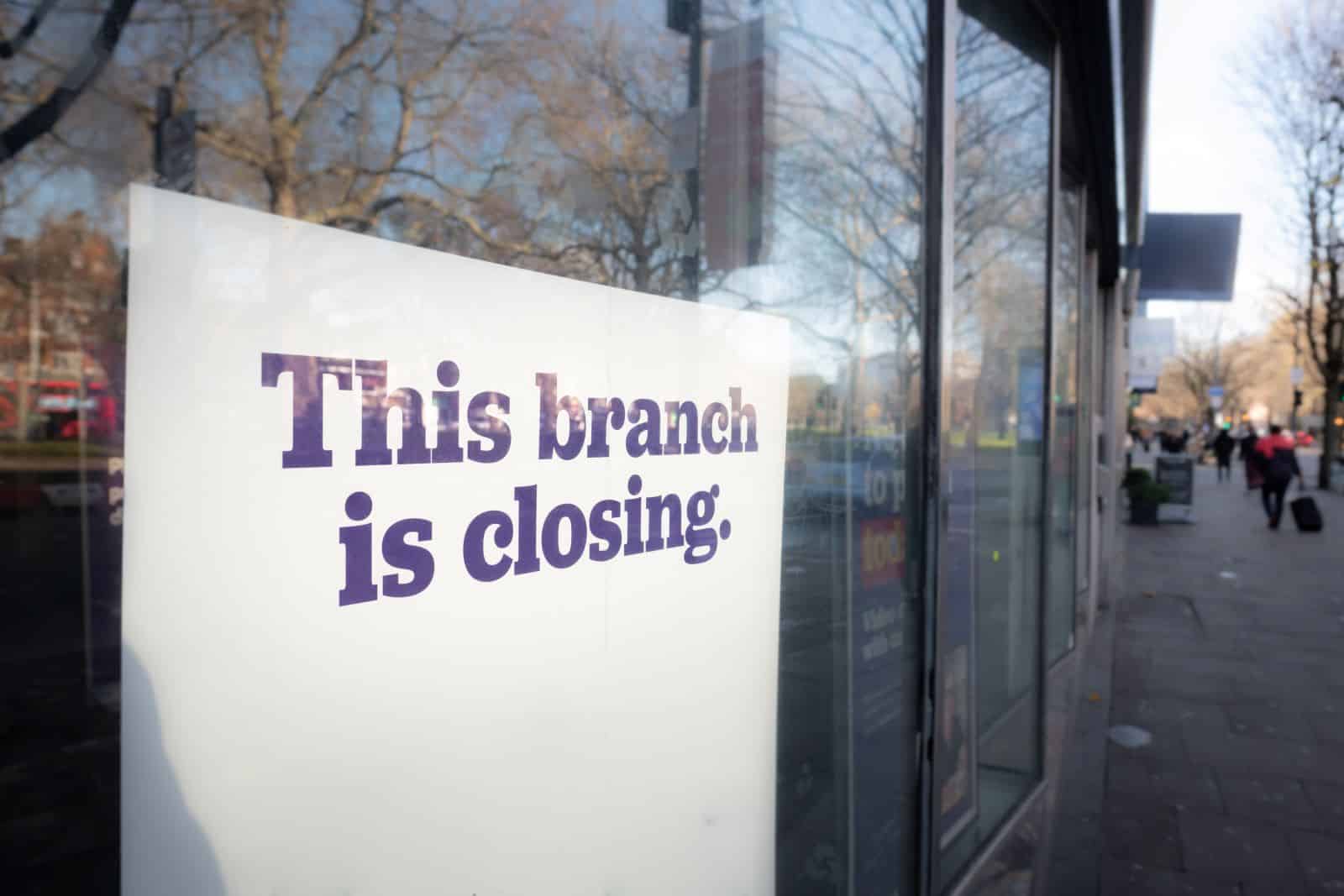
The British high street is in freefall, with over 17,000 shops shutting their doors in 2023. The British Retail Consortium warns that more closures are inevitable in 2024, driven by rising costs and dwindling consumer confidence.
2. Austerity’s Ugly Legacy

Austerity policies continue to haunt the nation, with local councils staring down a £3 billion budget shortfall by 2025, according to the Local Government Association. The neglected public services are now gasping for air.
3. Stuck in a Wage Rut
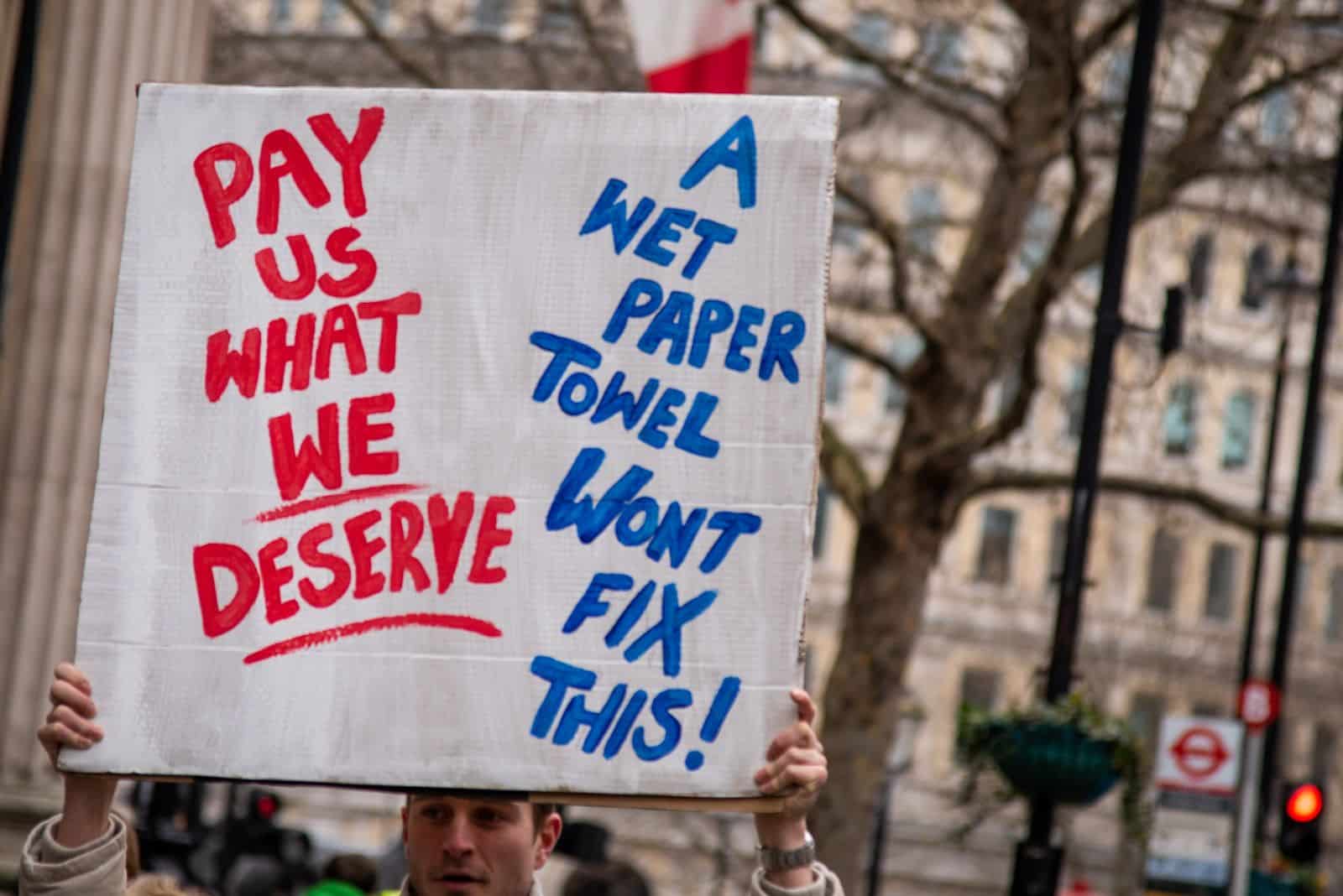
Real wages in the UK are still lagging behind pre-2008 levels. Inflation has eroded any hope of recovery, with the Office for National Statistics noting a 1.3% fall in inflation-adjusted pay in early 2024.
4. Unaffordable Housing: A National Shame

Housing remains out of reach for many, especially in London, where the average home price has surpassed £540,000. According to the National Housing Federation, millions are trapped in unaffordable or insecure housing.
5. Inflation: The Persistent Plague
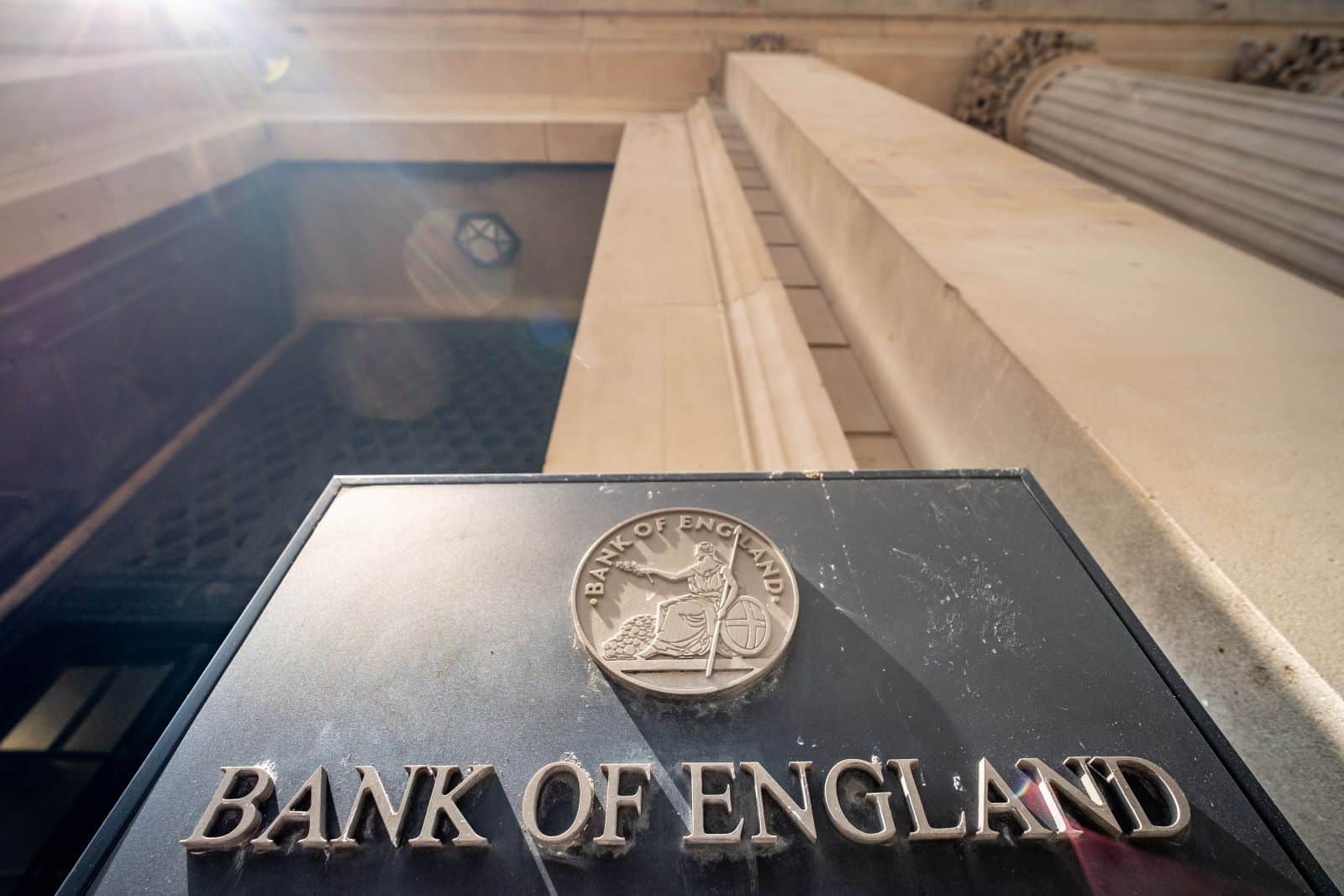
Despite government claims of progress, inflation continues to bite, sitting at 6.3% as of August 2024. With food prices up by 18% over the past year, many households are feeling the squeeze like never before, as noted by the Bank of England.
6. NHS on Life Support
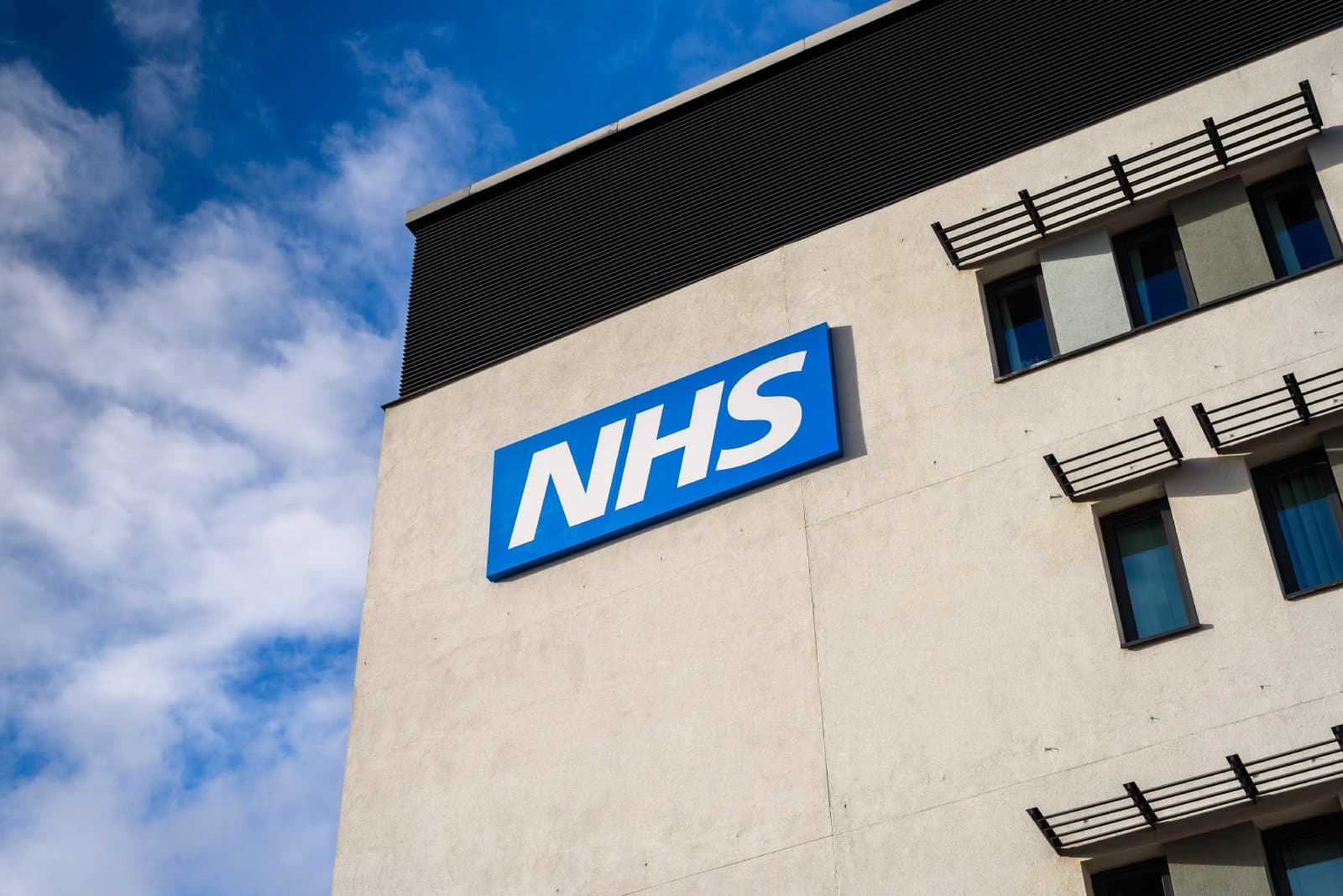
The NHS is drowning under the weight of record waiting lists and staffing shortages. The King’s Fund reports that over 7 million people are waiting for treatment, while the nursing workforce faces a critical shortfall of 45,000.
7. Energy Poverty: Cold Homes, Empty Pockets

Energy bills are pushing millions to the brink, with Citizens Advice projecting over 6.5 million households will be in fuel poverty by the end of 2024. Despite the intervention, many families are cutting back on necessities to keep the heat on.
8. Transport Woes Beyond London
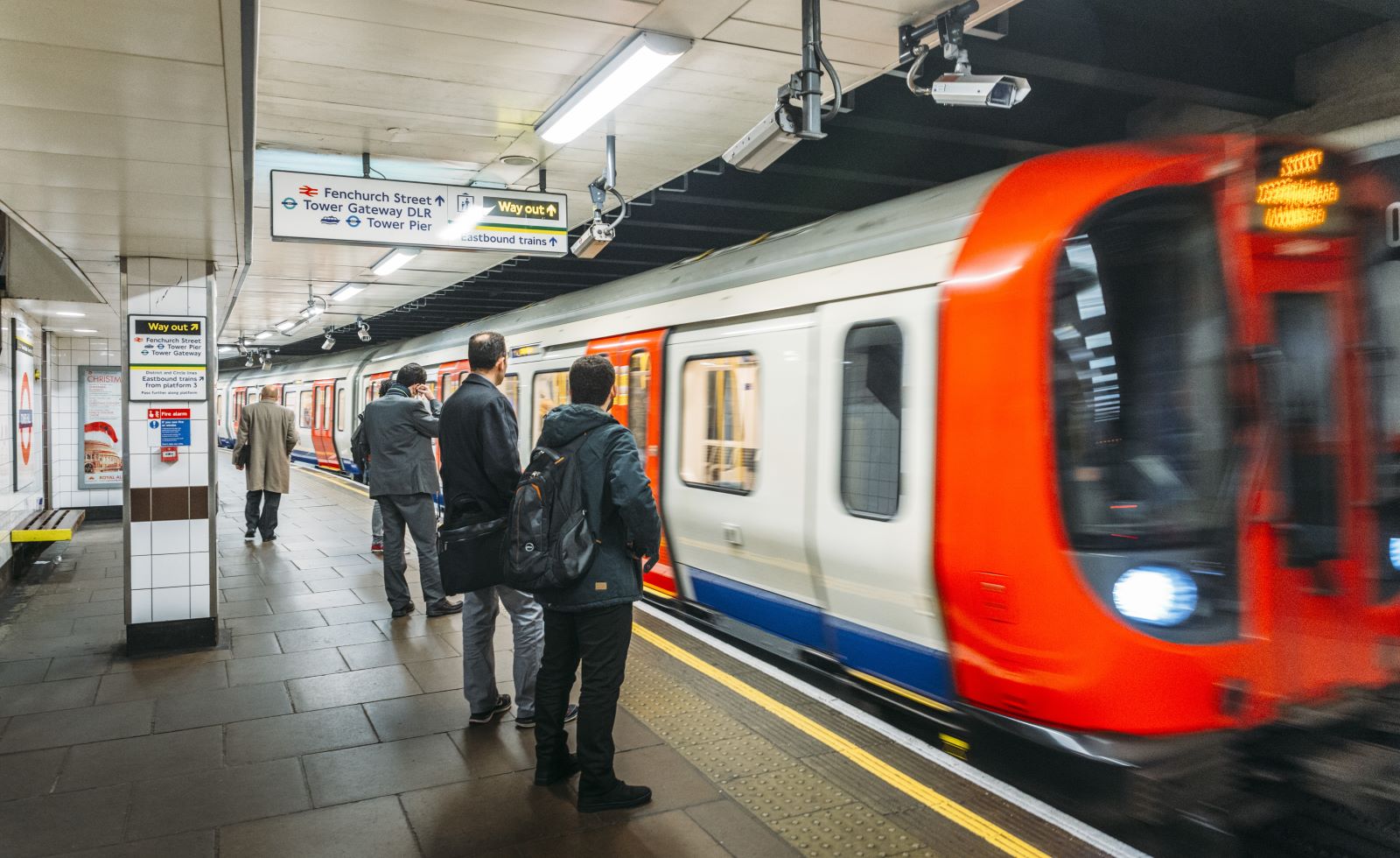
While the capital enjoys a relatively robust transport infrastructure, the rest of the country struggles. Northern Rail saw a staggering 60% rise in delays in 2023, leaving commuters in cities like Manchester and Leeds in the lurch.
9. Childcare Costs Crushing Families

British families are suffocating under sky-high childcare costs, spending a shocking 30% of their income on it. This stands in stark contrast to countries like Germany and France, where parents pay far less, as highlighted by the OECD.
10. The Debt Time Bomb
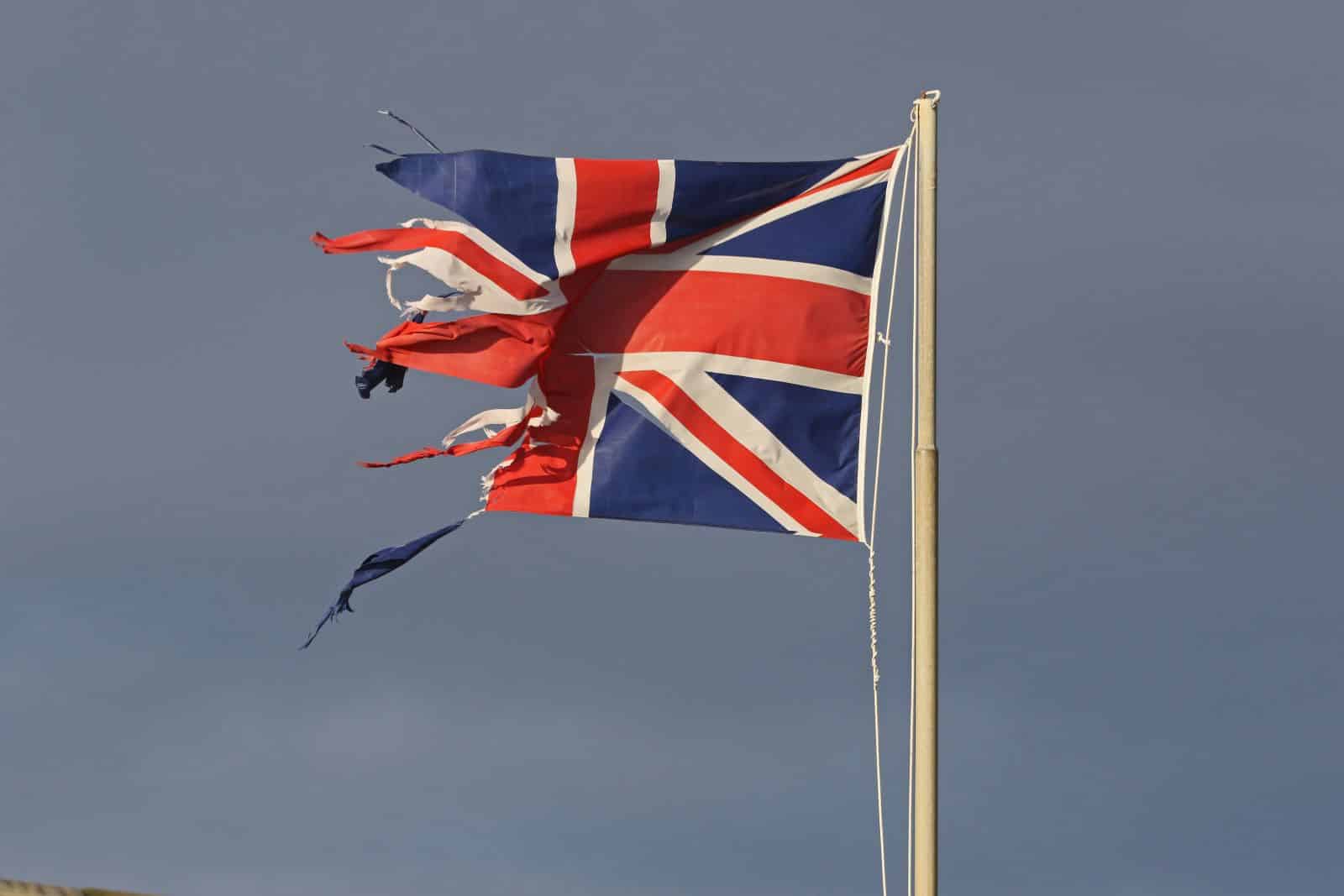
The UK’s public debt has soared past £2.6 trillion, now over 101% of GDP—the highest level in decades. The Institute for Fiscal Studies warns that these numbers could lead to harsh measures, including tax hikes and further austerity.
11. Brexit Still Biting

Brexit continues to cast a long shadow, with trade volumes below pre-2020 levels. The Office for Budget Responsibility predicts the UK economy will be 4% smaller in the long run due to the effects of Brexit.
12. Uneven Economic Recovery
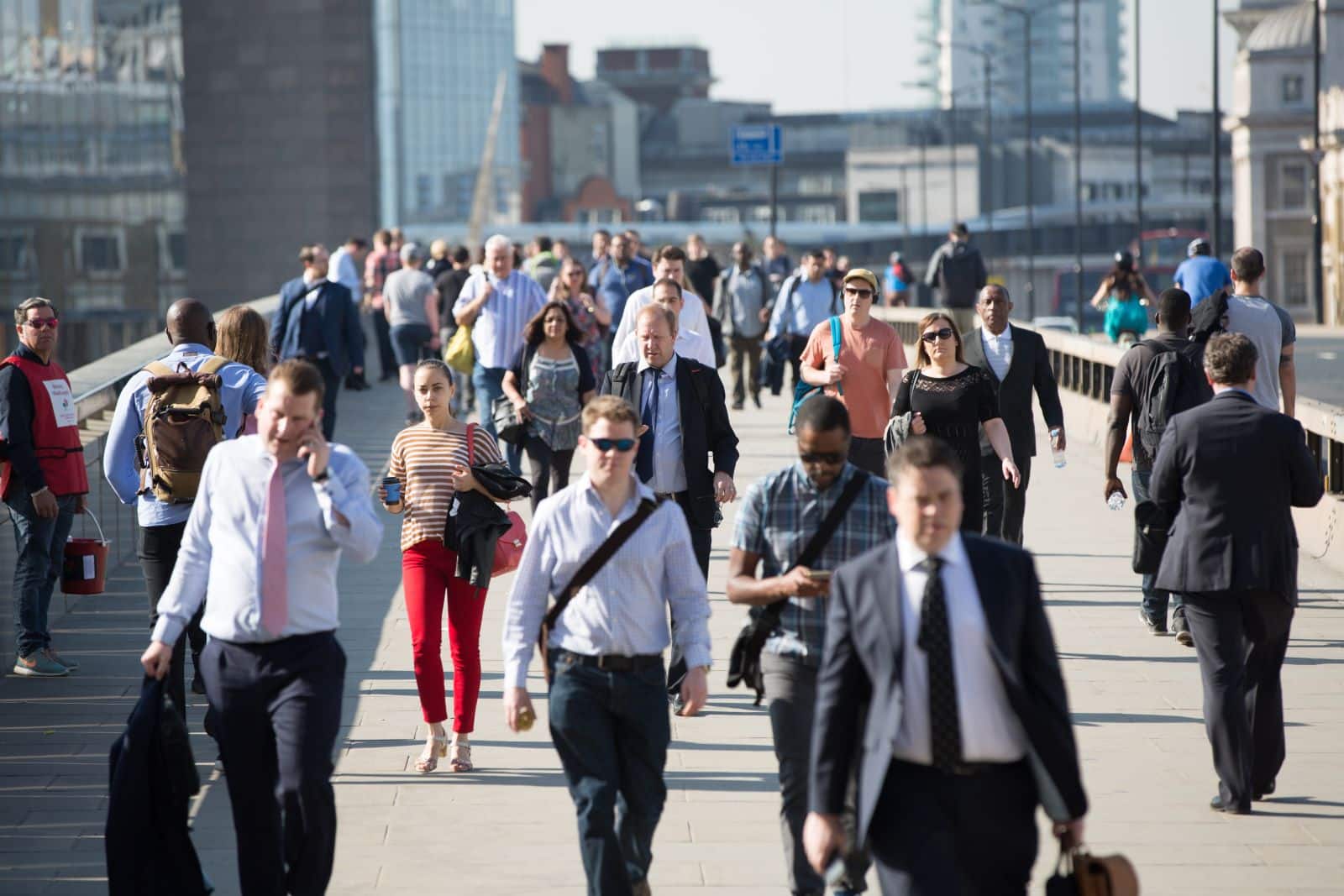
London’s tech sector may be booming with a 7.6% growth in 2023, but the rest of the economy isn’t faring so well. Manufacturing, for instance, has continued its decline, as highlighted by data from Tech Nation and the Manufacturing Technology Centre.
13. Rising Interest Rates: The Squeeze Tightens
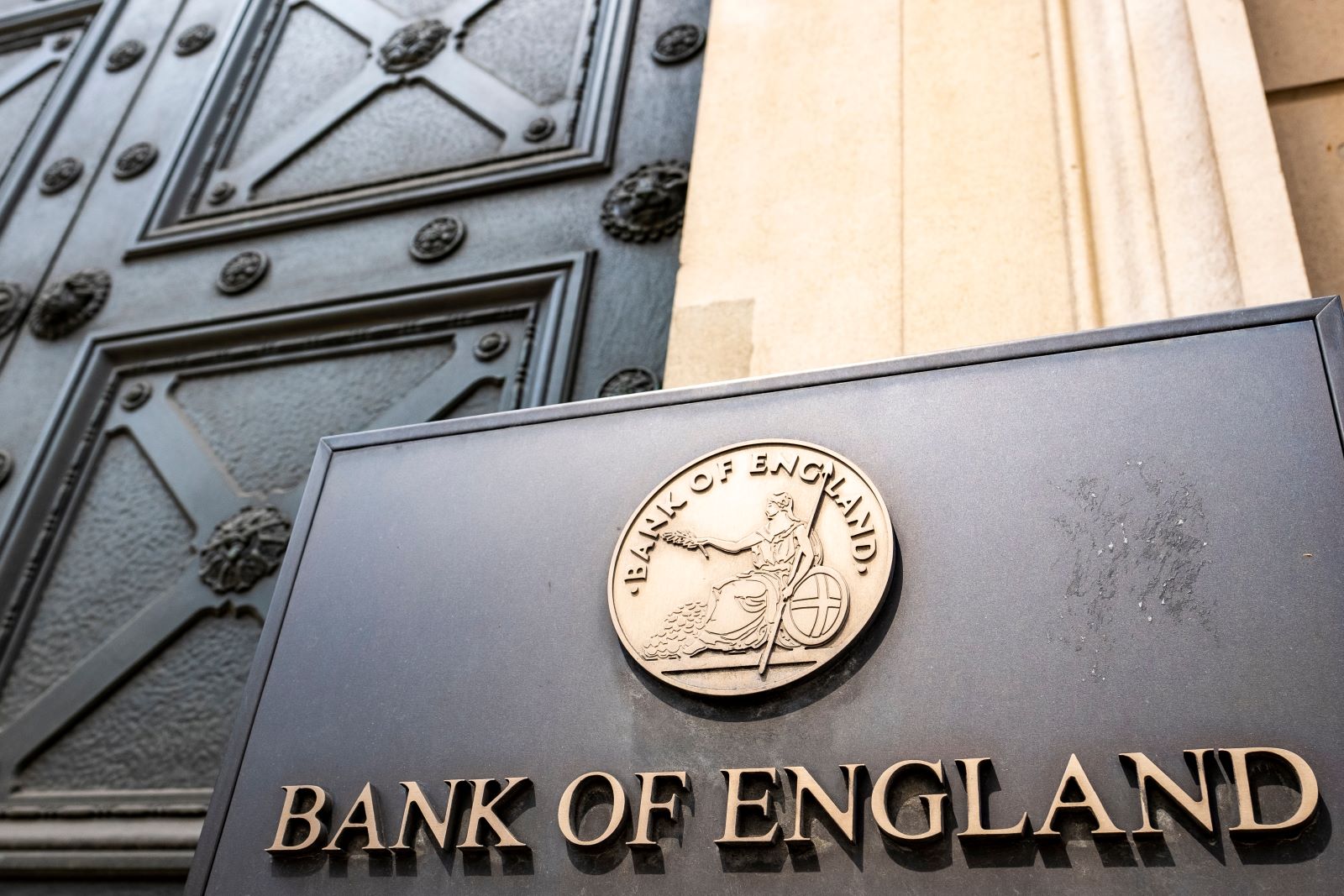
The Bank of England’s base rate is now at 5%, making life tough for homeowners and businesses. The Financial Conduct Authority estimates that by the end of 2024, more than 750,000 households could fall behind on their mortgage payments.
14. Youth Unemployment: The Forgotten Generation

The job market is a dead zone for many young people, with youth unemployment reaching 10.8% by mid-2024, per the ONS. The Resolution Foundation warns that the economic fallout disproportionately impacts the youth.
15. Food Bank Dependency Hits New Heights

Food bank usage is through the roof, with the Trussell Trust distributing nearly 3 million emergency food parcels between April 2023 and March 2024. The ongoing cost-of-living crisis has left more families dependent on charity than ever before.
16. Stalling Business Investment
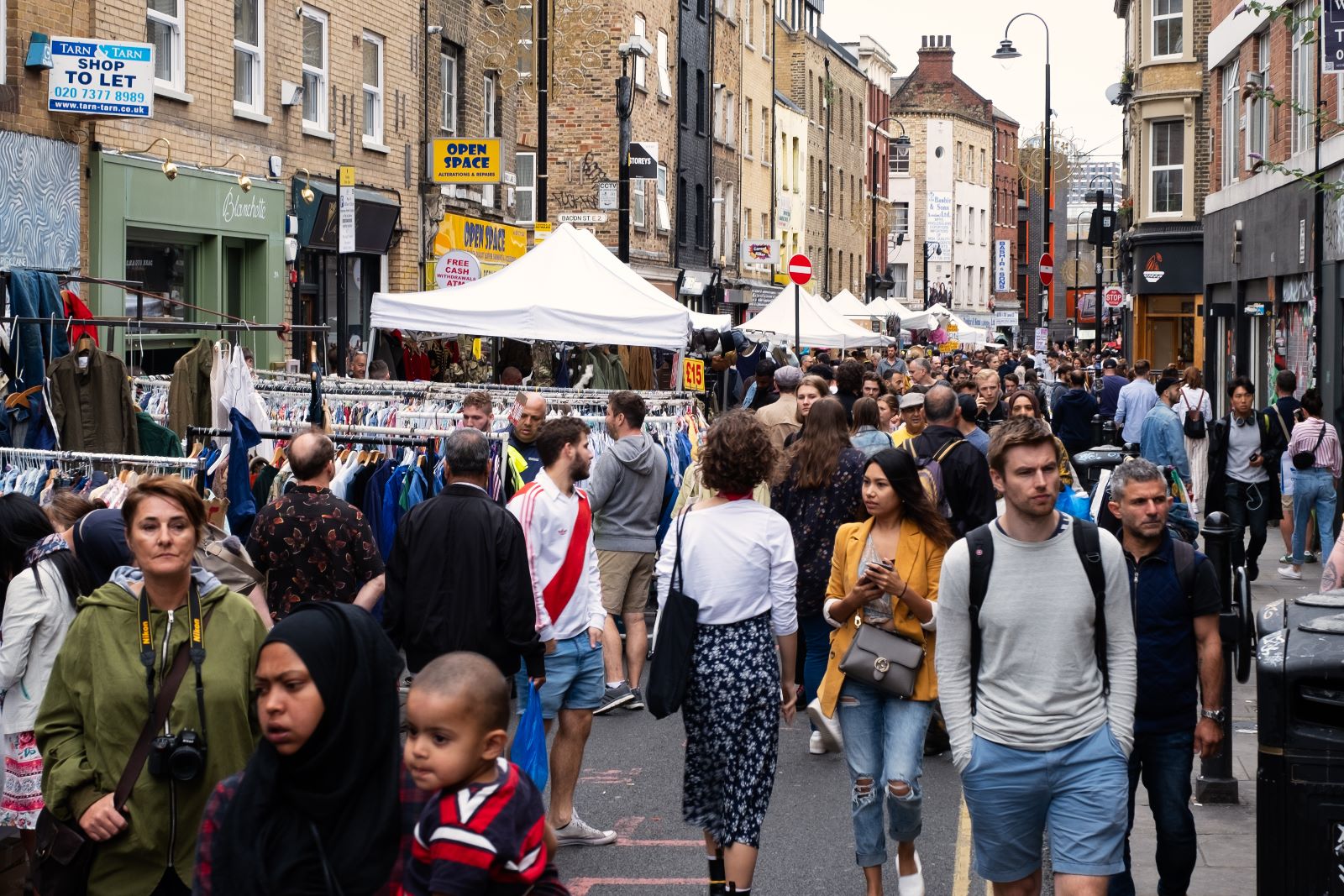
UK businesses are holding back on investing and are uncertain about the future. The Confederation of British Industry reported a 2.5% drop in business investment in Q2 2024, reflecting the widespread fear of rising costs and political instability.
17. Regional Inequality: The North Falls Further Behind

The gap between North and South continues to widen. Cities like Bradford and Sunderland are falling deeper into poverty, with the Joseph Rowntree Foundation’s 2024 report showing that poverty rates in the North East are twice those of the South East.
18. Public Transport: Too Expensive to Use
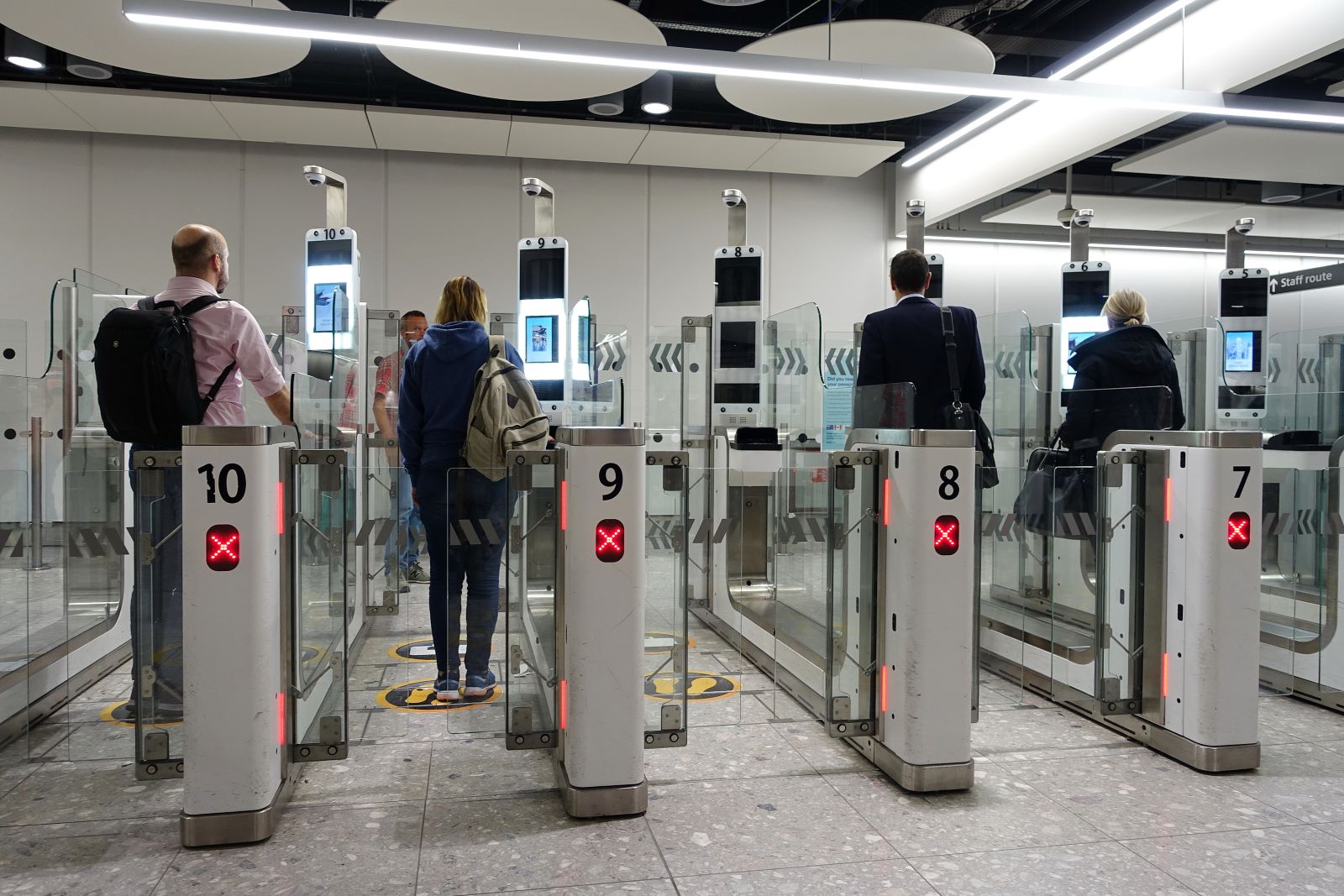
Public transport has become a luxury, with train fares rising by 5.9% in early 2024. The Campaign for Better Transport points out that the cost of commuting has become untenable for many, forcing them to find alternatives.
19. The Grim Reality of Manufacturing

While tech grows, manufacturing continues to slump, exposing the brittleness of the UK’s economic recovery. The sector remains in decline, leaving a gaping hole in the broader industrial landscape, as shown in 2023-2024 data.
20. Education System Under Siege

Budget cuts are crippling the UK’s education system, with more than 50% of schools forced to cut staff in 2023, according to the National Education Union. Students are being packed into overcrowded classrooms, jeopardising their futures.
Falling Apart or Falling in Line?

How long can the government pretend these cracks in the economy aren’t turning into gaping chasms? Is there any strategy left to salvage the situation, or are we all just waiting for the inevitable collapse? The clock is ticking.
Featured Image Credit: Shutterstock / IR Stone.
For transparency, this content was partly developed with AI assistance and carefully curated by an experienced editor to be informative and ensure accuracy.
The images used are for illustrative purposes only and may not represent the actual people or places mentioned in the article.

